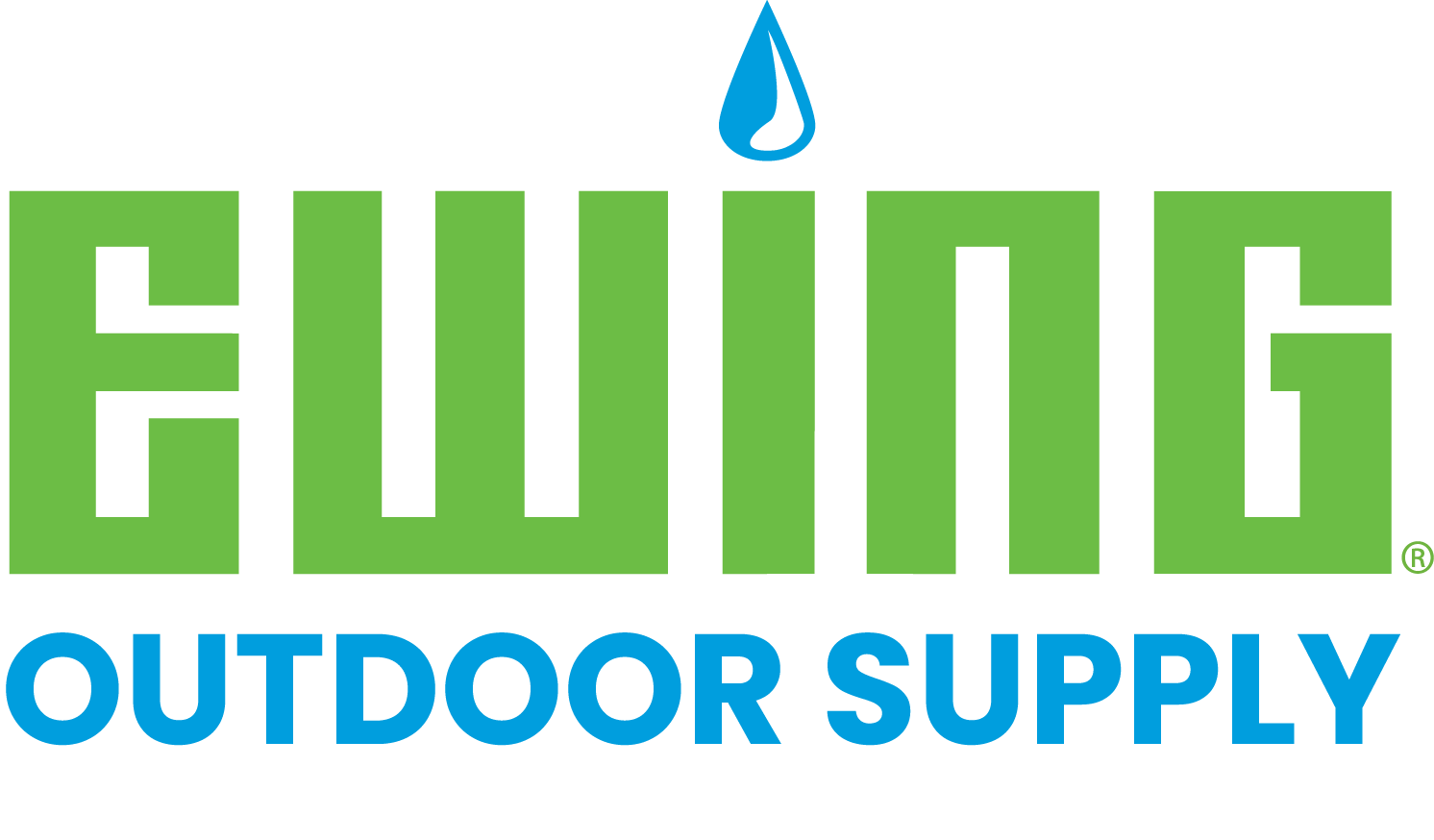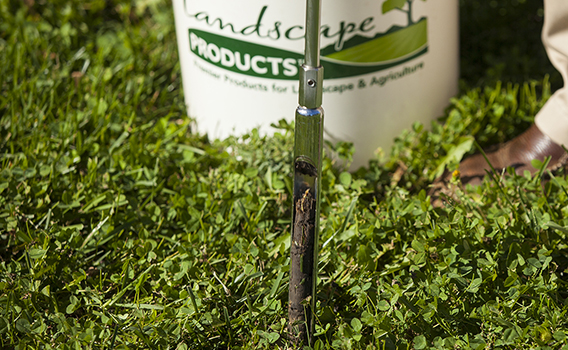If you’ve never had a soil test done you might wonder if they are really necessary, especially if the turf and plants you manage seem healthy.
But there are things soil tests can tell you that could help save you time, money and labor on the job and avoid excessive use of fertilizers and pesticides, said Tim Fernald, a Ewing Education instructor specializing in agronomics, soil and plant science.
What can a soil test tell you?
Soil tests generally tell you a soil’s nutrient supplying power and other important characteristics including: 
- Levels of phosphorus (P), potassium (K), calcium (Ca), magnesium (Mg) and other minor nutrients
- Percent of organic matter
- Soluble salt level
- Soil pH
Some tests will also give you a soil profile or particle analysis, which tells you the soil type based on its composition of sand, silt and clay.
How can getting a soil test help me?
Soil tests provide the information needed for building an effective fertilizer program, can help diagnose problems and prevent future ones.
“Soil tests will keep your fertilizer budget in check and help you practice good maintenance stewardship,” said Fernald.
With the test results, you can determine if the amount and types of fertilizer best suited to the sites needs and avoid over and under fertilization. 
A soil test will also let you know if you should adjust the soil pH on site. Having a slightly acidic to neutral pH generally provides maximum nutrient availability, prevents micronutrient deficiencies and prevents the build-up of lawn thatch.
And identifying the soil type will help you know the potential for leaching or run-off in order to plan accordingly. For example, sandy soils tend to be prone to leaching with low nutrient reserve, while loamy soils are less prone to leaching and generally have a higher nutrient reserve.
Overall, the information from a soil test can help you better maintain adequate soil fertility for healthy plants, improve pest and disease resistance, and save you and your clients a lot of headaches.
When should I get a soil test done?
The ideal time to get a soil test is when you are establishing a new site and every two or three years on established sites, said Fernald.
“Consider also getting a soil test when the turf or plants are not responding to current fertilizer applications,” he said.
To get meaningful and useful test results, be sure to sample soil correctly, at the same time each year, and maintain a record of your fertilizer applications.
Soils can be sampled any time, just make sure the soil isn’t frozen when you plan to do so.
“I like to sample and have soils tested in the fall or early spring to plan for the next year’s fertilization program and budget,” Fernald said.
When do I need to get a water or plant tissue analysis? 
Getting a water analysis is an important first step in determining its suitably for irrigation.
A plant tissue analysis can be an important second step to soil testing. A soil test is limited to the depth of sampling, but a plant tissue analysis can show what nutrients the plant is taking up throughout the entire rooting zone and whether the levels found are adequate, deficient or excessive.
A plant tissue analysis is especially helpful when troubleshooting plant issues by comparing a "good" area with a "bad" area.
Where can I get a soil test, and water or plant tissue analysis?
Your local Ewing Irrigation & Landscape Supply store offers easy testing through AgSource Laboratories and A & L Labs for soil, plant tissue and irrigation water. Some universities also offer testing services.
Contact your local Ewing store for sampling instructions and test options, then bring your sample to the store. A Ewing service professional will process your order and send your sample to the lab.
Soil test results are normally available by email within a week to help you make more informed management decisions for your site.
Soil, Water and Plant Tissue Tests Available at Ewing
- Diagnostic Analysis - Basic Soil Test (95105100)
- Turf Elite - Basic Soil Test and Turf Specific Recommendations (95105400)
- Deluxe Analysis - Basic Soil Test and Additional Test (95105500)
- Plant Tissue Analysis (95106100)
- Irrigation Water Analysis (95106500)




